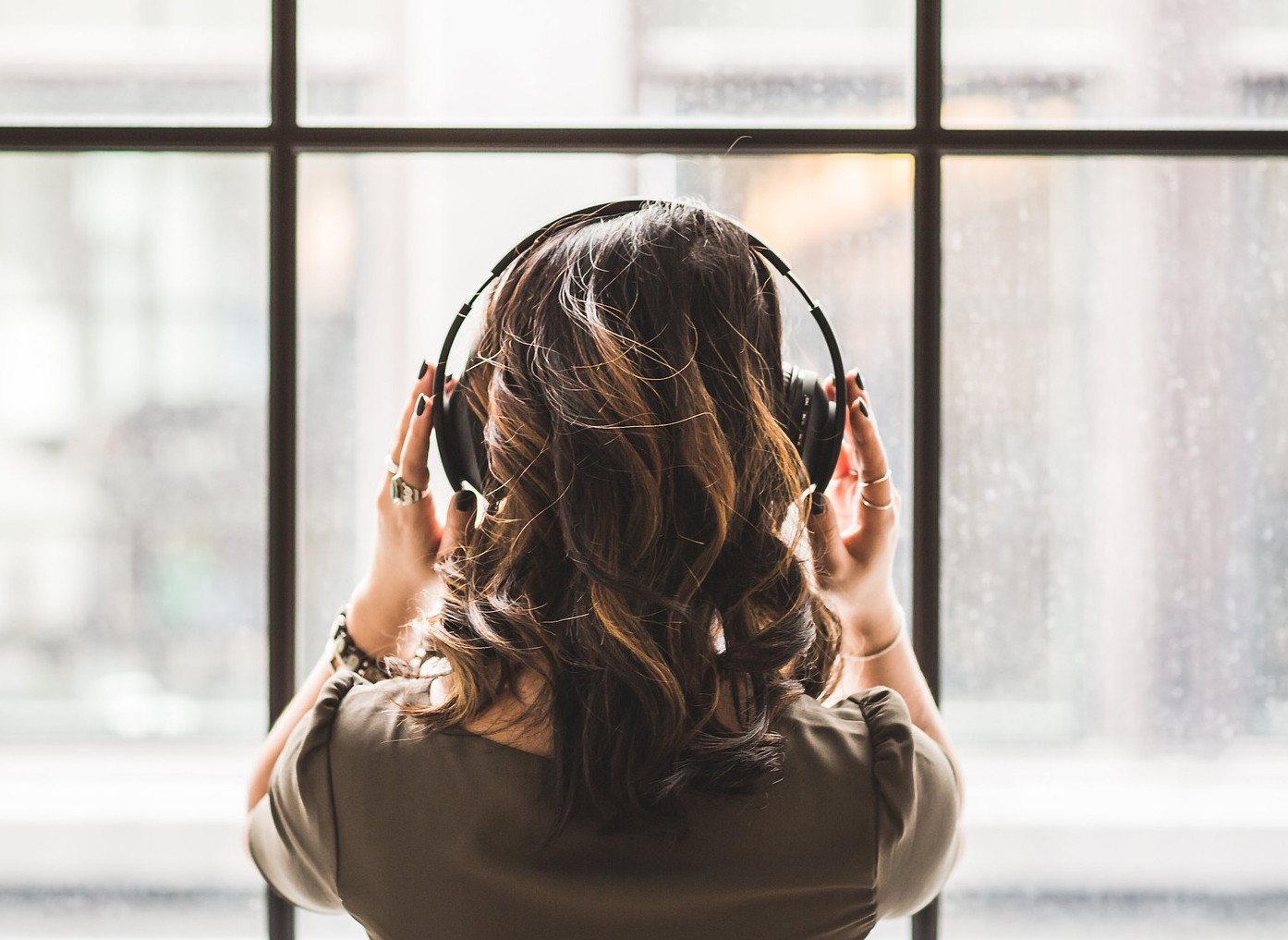All posts about Learning & Education
Language Promotion Through Music
Music and speech have a lot in common. Characteristics such as pitch, tempo, intonation and timbre play an equally important role in speaking and in making music. In fact, musical and linguistic stimuli are even processed in the same regions of the brain. And on top of that, children develop the ability to sing and speak at the same time. It's no wonder that musical language development is used so successfully. But how exactly does language promotion through music work?
Why do we love music?
Music influences our mood. It sets us in motion or makes us calm down. And our favorite songs give us goosebumps. But why is that actually the case? Why do we like music and what do we need it for?
The Listening Therapy
Sounds, tones and rhythms can soothe us, touch us, give us goose bumps or awaken our urge to move. Hearing has different and varied effects on our body and soul. The listening therapy according to Dr. Tomatis is even said to help with problems such as concentration and learning difficulties and is used to support therapies and rehabilitation.
Archive
The positive effects of nasal breathing
For years, I have known from the field of yoga that nasal breathing plays an important role. The mucous membranes of the nose enrich the air with moisture and filter out dust particles from the air which is inhaled. In addition to that, the airway through the nose is longer and by filtering and simultaneously warming the inhaled air, the risk of catching a cold is reduced. But nasal breathing also has a positive effect on our sleep and fitness training. In the following blog post, I will tell you which effects those exactly are and how nasal breathing has personally helped me.
5 reasons why you should learn an instrument in your adulthood
For those who love music and simply want to be in the thick of it, there is no "wrong" age. Any age is the right age to learn an instrument. We've had students who were 80 years old when they started learning their instrument and really enjoyed it.
Feeling music – how deaf people perceive music and what it can actually do
Spontaneously, we associate music with the sense of hearing. At the same time, we can also experience music with other senses. We are trying to make use of this in our early musical education. In our lessons, children should perceive music holistically, they should not only hear it but also feel it. And of course deaf people can also perceive, experience and make music. They can feel the music and concentrate on the vibrations. Because music doesn't just land in our auditory canal, it flows through our body and triggers certain emotions.







